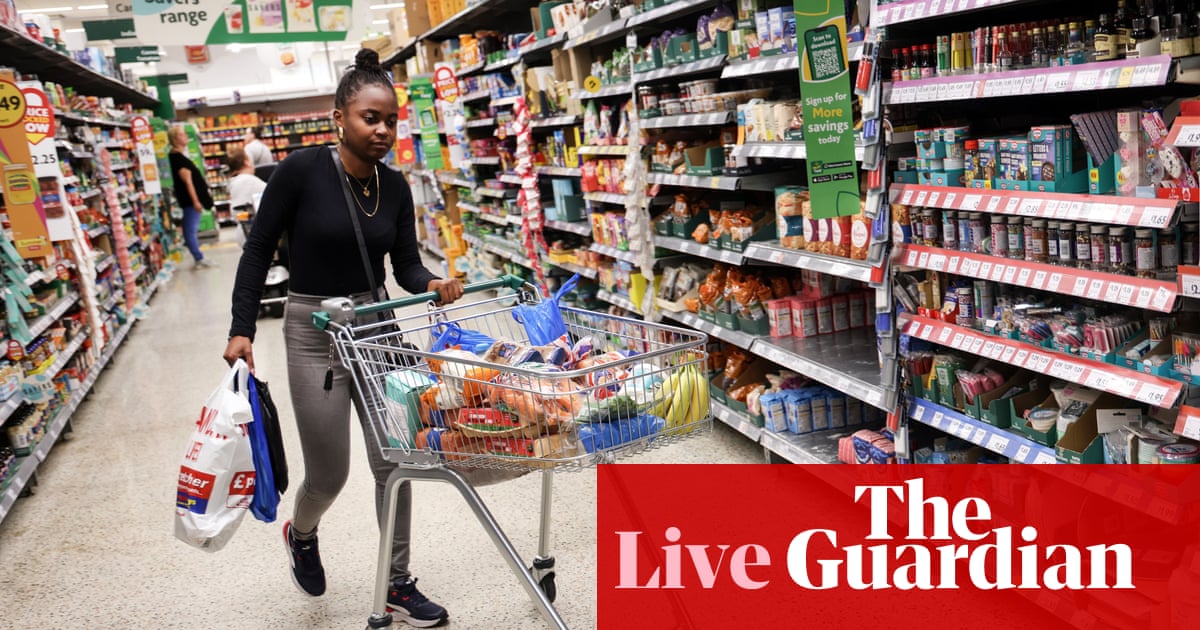
The annual rate of inflation rose to 0.6% in December from 0.3% in the previous month as shoppers returned to the high street in most parts of the UK after the end of the second lockdown.
The Office for National Statistics said an increase in transport costs and a rise in computer games console prices as Christmas approached was only partially offset by cheaper takeaway food and lower furniture and household equipment prices.
With the economy battered by the coronavirus pandemic and most consumers restricted by the government’s regional tiers, the relatively weak rise in prices as the festive period approached was in line with City analyst expectations of a 0.5% increase.
The Consumer Prices Index grew by 0.3% month on month after a 0.1% fall in November.
Analysts said the stable inflation situation, which has resulted in prices during the pandemic moving up and down within a tight band, was likely to end in 2021 once the recovery gathered momentum and the demand for goods outstripped supply.
They believe some of the likely price rises will result from restrictions on imports following the UK’s departure from the EU but that most of the pressure on prices would come from an increase in global demand exceeding supply.
Jeremy Thomson-Cook, the chief economist at the money broker Equals, said: “Both Brexit and Covid-19 are factors that have caused substantial pain for businesses and their supply chains.
“Rising prices as demand works against supply constraints is already being seen in certain imports courtesy of the goods themselves and the shipping containers that they travel round the world in.
“We expect these increases will begin to be seen in the next couple of months as cash-strapped businesses with little margin to play with have to raise prices on customers.”
Last month the ONS said steep discounting by clothing retailers was the main factor in helping reduce inflation to 0.3% in November from 0.7% a month earlier.
Last week, official figures showed the economy shrank by 2.6% month on month in November. This slump followed the government’s closure of non-essential shops and the hospitality sector in England to combat the rapid growth in Covid infections, and as tougher controls in Scotland, Wales and Northern Ireland weighed on growth.
A similar contraction is expected when figures appear for January to reflect the impact of the third lockdown, the shutdown of high streets and consequent fall in consumer spending.












